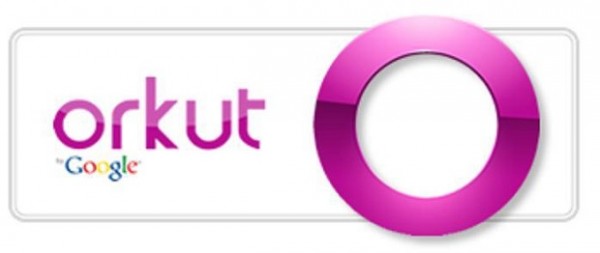After 10 (not so) glorious years, Google decided to discontinue the Orkut social network, in order to focus all of its efforts on Google+.
On September 30, users of the Orkut social network (if any), will have to bid this service farewell, as the search giant will shut it down on that day. To be frank, I don’t consider that to be a great loss, as Orkut has become highly unpopular, and only occasionally made the news due to controversy. Fake and cloned profiles, as well as hate groups and censorship in several states is what brought Orkut again and again to public attention.
In an Orkut blog post published this past Monday, Google unveiled the reasons behind its decision: “Over the past decade, YouTube, Blogger and Google+ have taken off, with communities springing up in every corner of the world. Because the growth of these communities has outpaced Orkut’s growth, we’ve decided to bid Orkut farewell.”
If you went to Wikipedia and looked on any social network’s page, you would notice that almost each and every one of them has an approximate number of users. That’s not the case with Orkut, though, and as if that wasn’t enough to raise an eyebrow, Google declined to reveal this social network’s number of users. If that happens, it’s usually because the numbers are ridiculously low. One thing I’ll never understand is why Google had to wait for 10 years to shut down a service which was destined from the start to be unpopular.
Vic Gundotra, the head of the search giant’s social networking services, left the building in April, and since he supervised the launch of Google+ back in 2011, people started wondering if Google really has an interest in social networks.
As of July 1, people can no longer create new profiles on Orkut. Google permits the users of this social network to transfer their profiles using Google Takeout. One thing I’m certain of is that Orkut won’t be missed, as there are plenty of other sites on which we can share our most private information, so that NSA and other governmental agencies can stalk us. Not to mention that some social networks (ehm, Facebook) even conduct experiments on their users.
Additional details about Google shutting down Orkut are available on the Help section of the Orkut Support site.
Be social! Follow Walyou on Facebook and Twitter, and read more related stories about the file transfers that Google introduced in GTalk, and Google+ Stories.

 LG's big computing reveal for CES was a refreshed 14-inch "Gram" laptop. It's said to be the lightest in its class, weighing in at only 2.13 pounds (that's a sub-kilogram weigh-in). That, combined with the promise of between 21 and 24 hours of batter...
LG's big computing reveal for CES was a refreshed 14-inch "Gram" laptop. It's said to be the lightest in its class, weighing in at only 2.13 pounds (that's a sub-kilogram weigh-in). That, combined with the promise of between 21 and 24 hours of batter...
 LG's big computing reveal for CES was a refreshed 14-inch "Gram" laptop. It's said to be the lightest in its class, weighing in at only 2.13 pounds (that's a sub-kilogram weigh-in). That, combined with the promise of between 21 and 24 hours of batter...
LG's big computing reveal for CES was a refreshed 14-inch "Gram" laptop. It's said to be the lightest in its class, weighing in at only 2.13 pounds (that's a sub-kilogram weigh-in). That, combined with the promise of between 21 and 24 hours of batter...
 Today on In Case You Missed It: An app that syncs up with robotic cameras in sports arenas is up and running in a few locations in California. With it, attendees can get photos of themselves at the game after entering their seat number in the free...
Today on In Case You Missed It: An app that syncs up with robotic cameras in sports arenas is up and running in a few locations in California. With it, attendees can get photos of themselves at the game after entering their seat number in the free...












